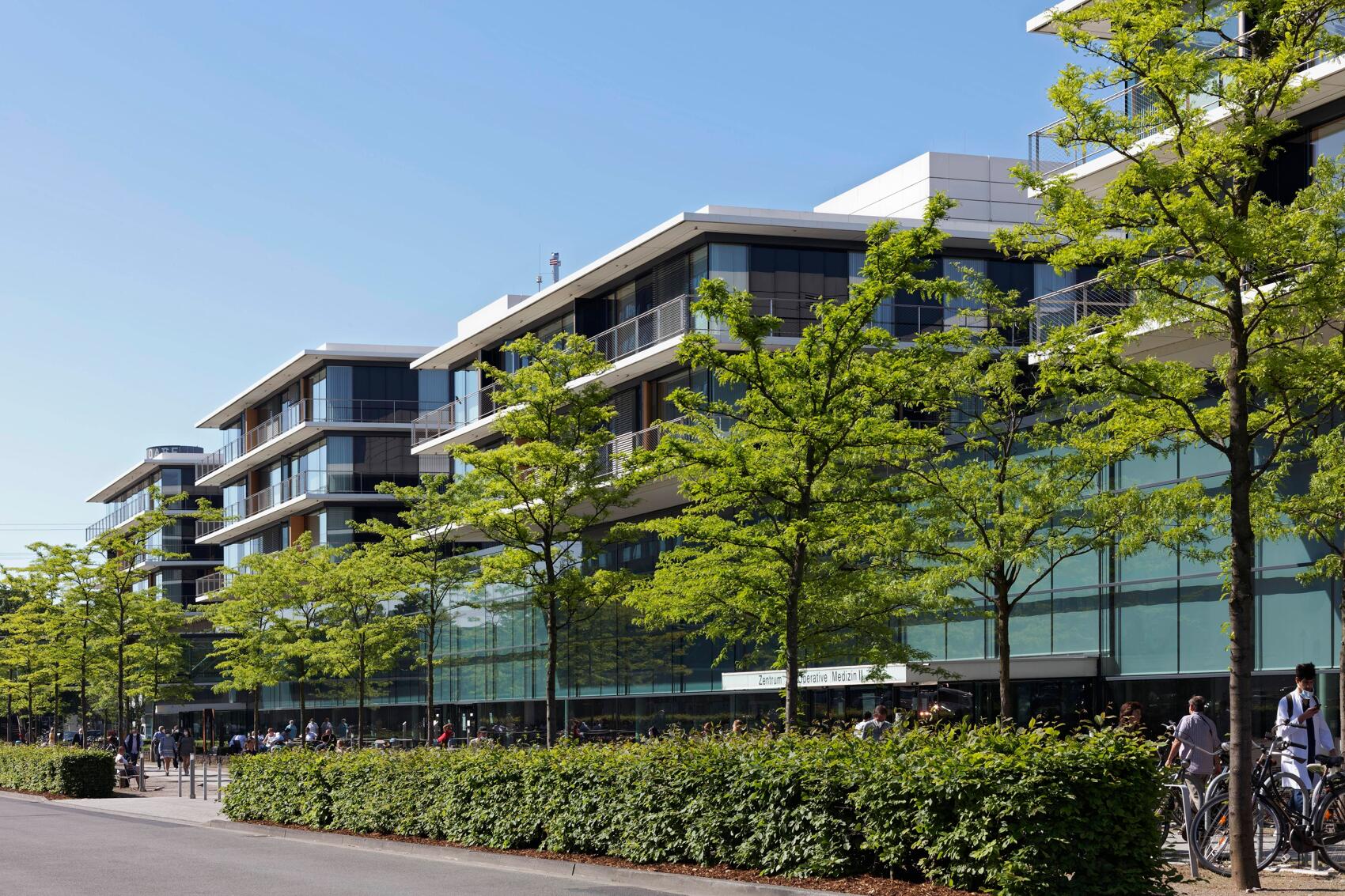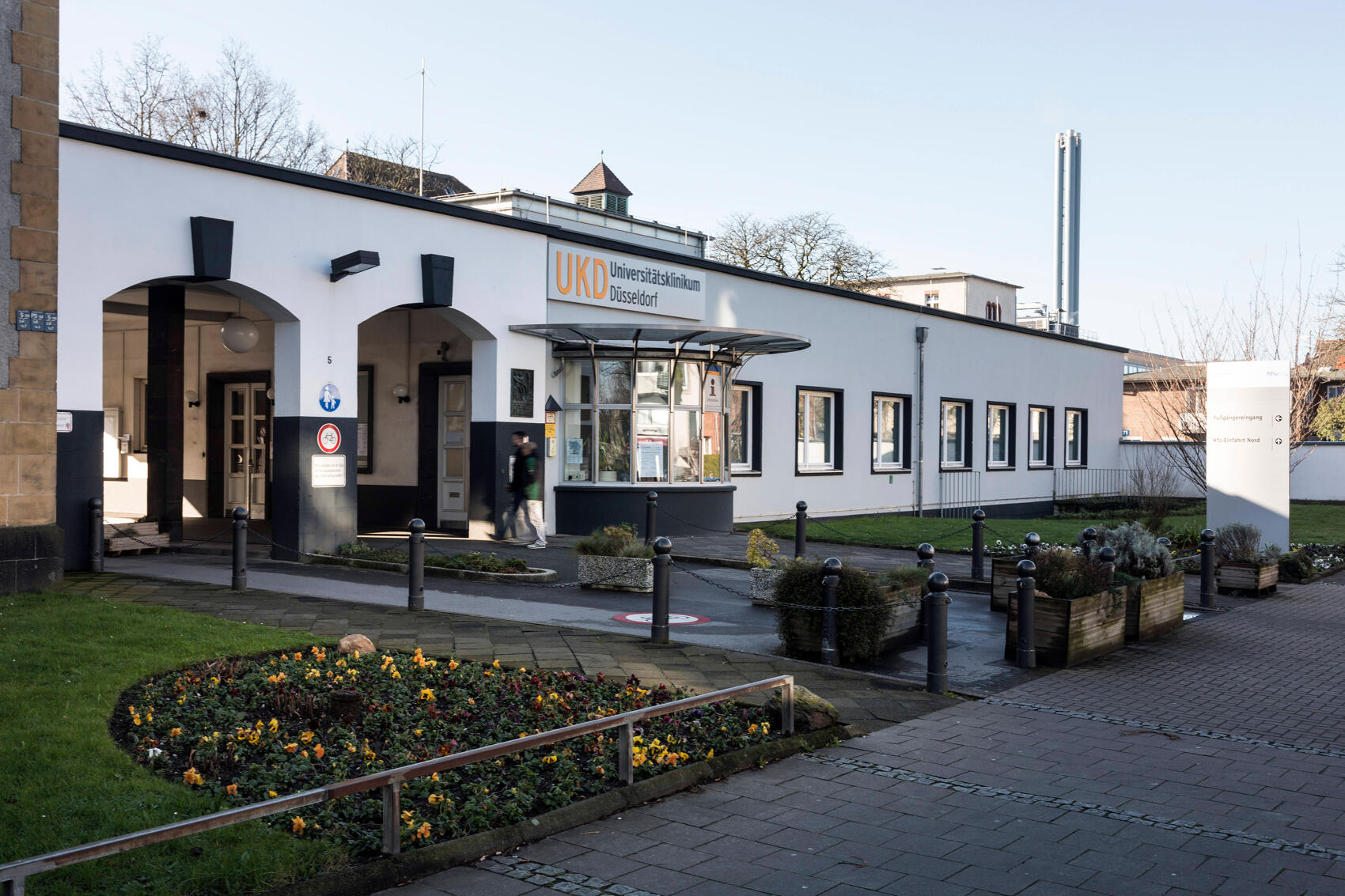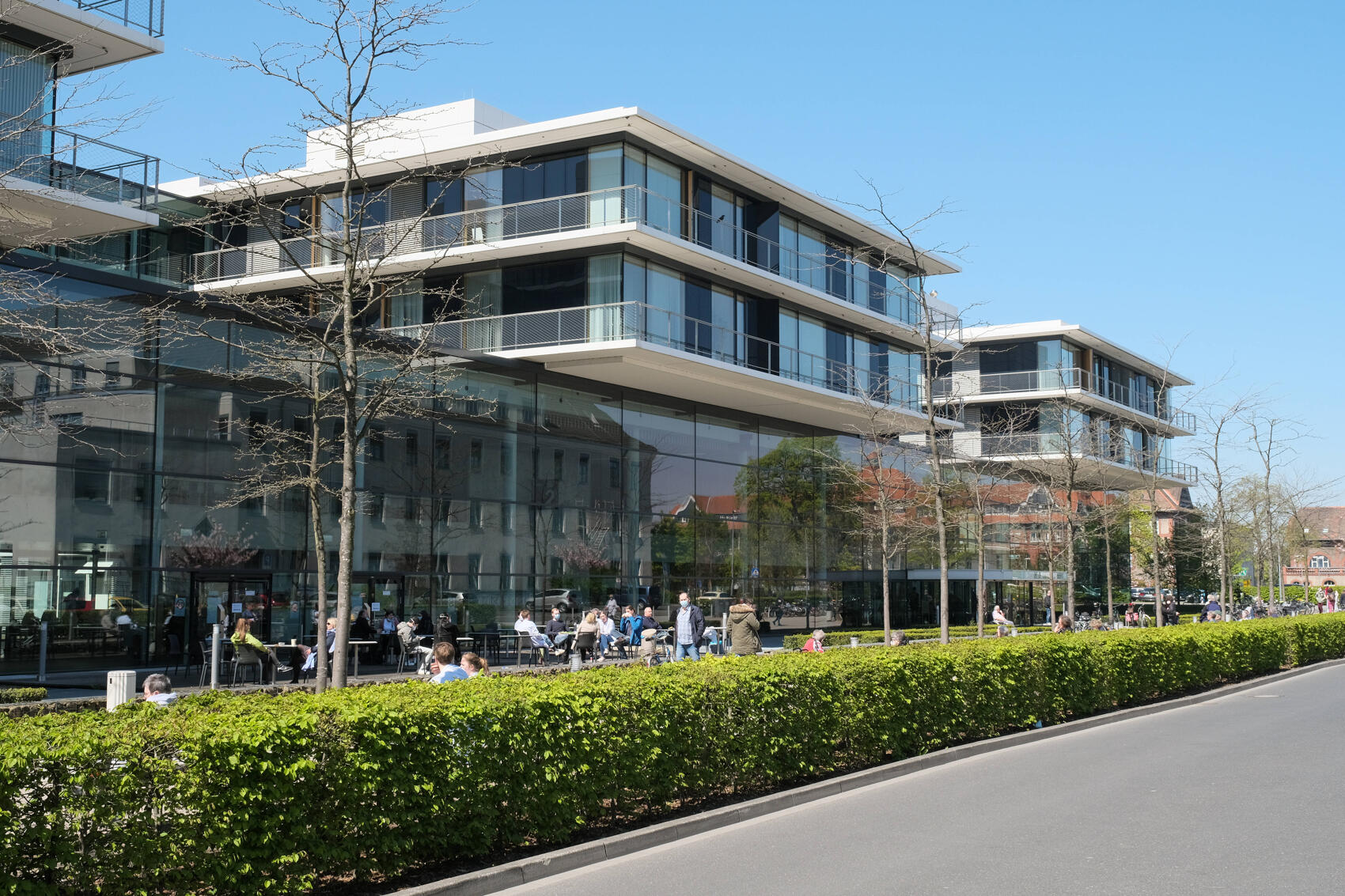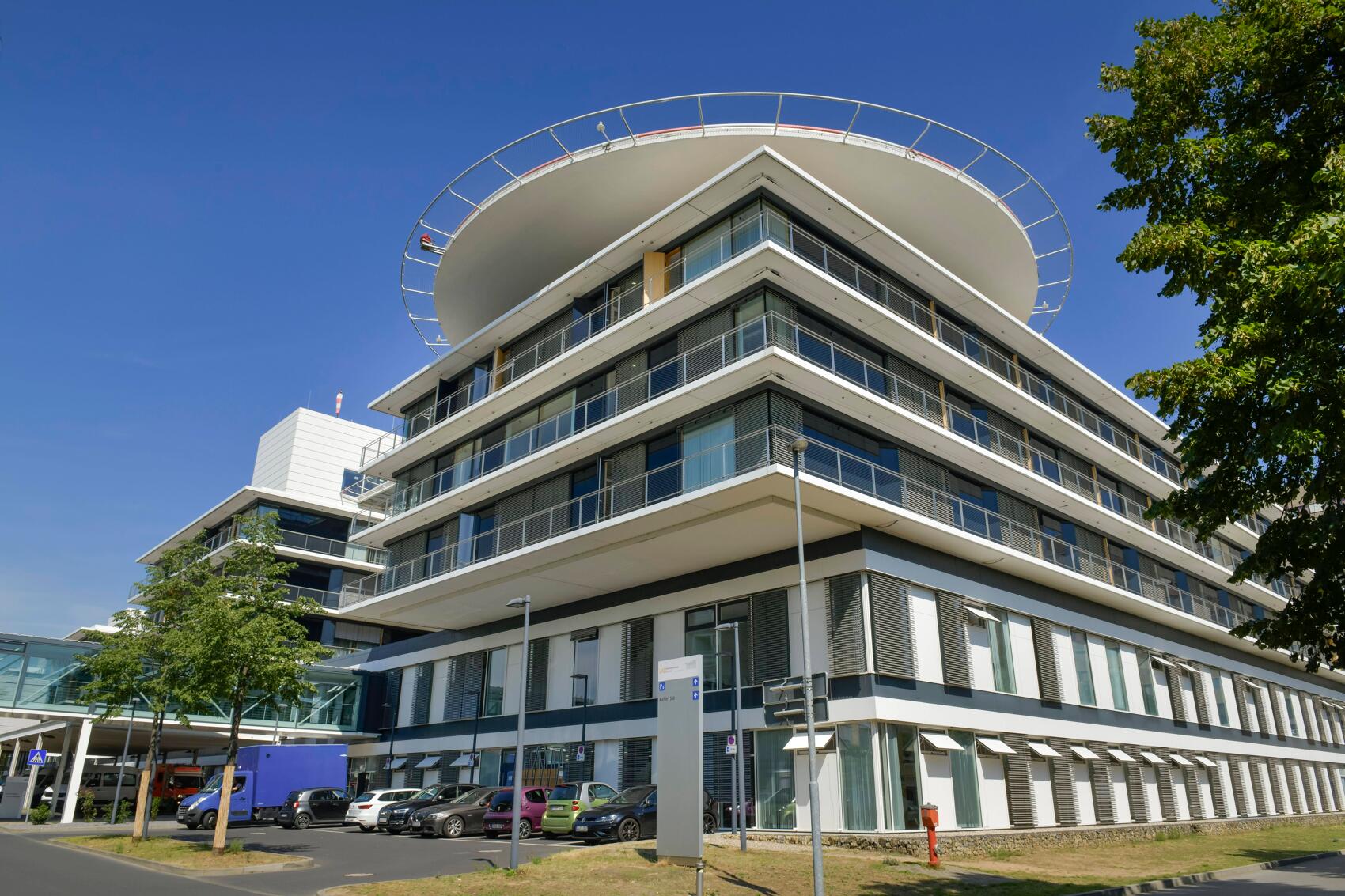




1 / 5
University Hospital Duesseldorf
Duesseldorf, Germany
NaNAbout the clinic
People today can access information about international hospitals within seconds, which has led to rapid growth in medical tourism. Every year, about 50 million medical tourists travel for treatment.
Patients and their families may be hoping for more specialised doctors, more innovative technology, or less expensive treatment plans.
There are many hospitals to consider for those who feel they can find better treatment elsewhere.
German hospitals have a reputation for more advanced results than patients can find elsewhere. Plus, they use more organic medicines, and medical treatments cost less than in somewhere like the United States.
Clinic Review
The University Hospital Duesseldorf was established in 1907. Today, it is the largest medical institution in its region. The hospital is a multispecialty hospital that focuses on clinical treatments, holistic research, and teaching.
All medical research is patient-centred, and clinical trials focus on implementing state-of-the-art treatment plans.
A few innovative treatment plans worth mentioning include:
Stem cell transplantation
This is a new method that allows doctors to replace damaged or diseased stem cells with healthy stem cells. It is most commonly used to treat leukaemia and lymphoma.
Heat and radioimmunotherapy
Radioimmunotherapy combines radiation therapy and immunotherapy. It can be used to treat certain types of cancer.
Gene engineering
Gene engineering takes place when genes are modified through disruption, correction, or replacement. Patients with malfunctioning genes can benefit from replacement procedures.
The staff has access to some of the most innovative technology, such as:
Echocardiograms
Used to monitor the heart
High field MRIs
Can be used to diagnose many conditions, including traumatic brain injuries, multiple sclerosis, dementia, and blood vessel blockages
Computed tomography
Used to visualise organs, bones, and other tissues
Intraoperative radiotherapy (IORT)
A treatment for cancer that makes it possible to apply radiation to a very small, specific part of the body
Positron emission tomography scan
Evaluates function of organs and tissues
Doppler ultrasound mammogram
Can detect breast cancer early enough to increase chances of recovery
Plus, the staff participate in regular internal and external training exercises, and they know that treatment begins with an accurate diagnosis. Their diagnostic techniques are modern, safe, and accurate.
Throughout the treatment process, hospital staff put the patient first. Various specialists are available, and they take an interdisciplinary approach. Patients also have access to medical counselling.
The hospital staff speak German, Russian, Ukrainian, English, and Arabic. Translators can be engaged for those who speak other languages.
As the largest provider of both inpatient and outpatient care in Duesseldorf, the University Hospital is well-equipped for the many patients waiting for help from top doctors.
Facts and Figures of the University Hospital Duesseldorf
This hospital is one of the largest in Germany. Here, you will find:
34 individual clinics
More than 30 medical institutes
More than 6,000 employees
More than 1,300 specialised doctors
130 professors
300,000 outpatients cared for every year
More than 48,000 inpatients cared for every year
1,200 inpatient beds
Important Departments
Oncology and Haematology
Over 100 million euros are spent on the Oncology Institute every year.
Neurosurgery and Neurology
Neurosurgeons at the University Hospital Duesseldorf operate on over 3,000 patients and almost 15,000 outpatients every year.
Urology
Gynaecology and Obstetrics
Hepatology
Cardiology
The cardiac surgery centre is among the best in Germany. Over 50,000 heart operations have been performed there since 1938.
Orthopaedics and Traumatology
This department is certified as a transregional trauma centre by the network of the German Society for Trauma Surgery. Plus, it was approved by the German Statutory Accident Insurance for serious injury types.
Although these are the top departments at the University Hospital Duesseldorf, the hospital does excel in other areas too. Its kidney transplants, paediatric treatments, and vascular surgeries are among the best in Germany.
Highlights of the University Hospital Duesseldorf
In 2019, Focus Magazine named the University Hospital Duesseldorf as one of the best 100 hospitals. That same year, the hospital was listed as one of the world’s best hospitals by Newsweek.
Additionally, it has been approved by the Initiative Qualitätsmedizin, which is an external quality of medicine initiative. This institution encourages hospitals to increase the quality of care by assessing the treatment quality using routine data, the transparency of this data, and the use of an external peer-review process.
The University Hospital Duesseldorf also met the criteria set by the International Organization Standard 9001. This is an external, international body that sets goals for quality management systems. It focuses heavily upon how customers are affected by upper management.